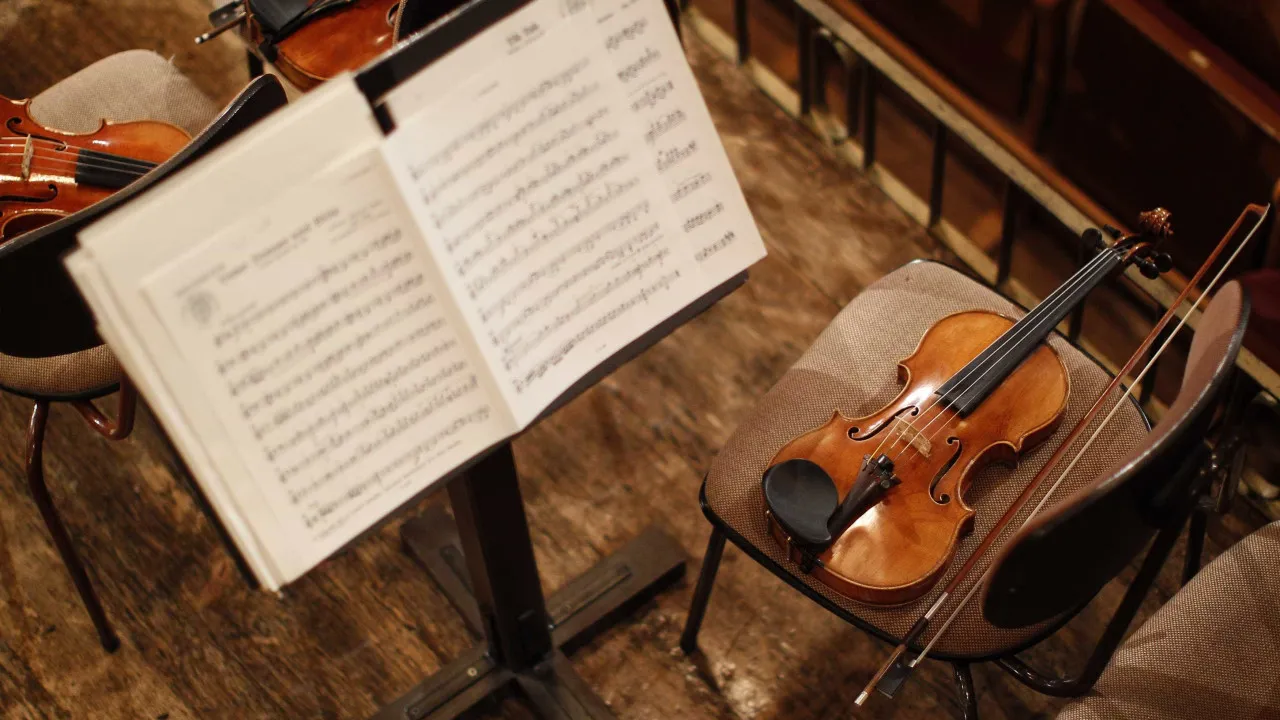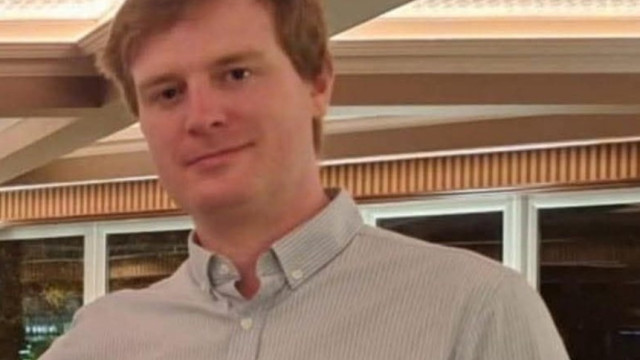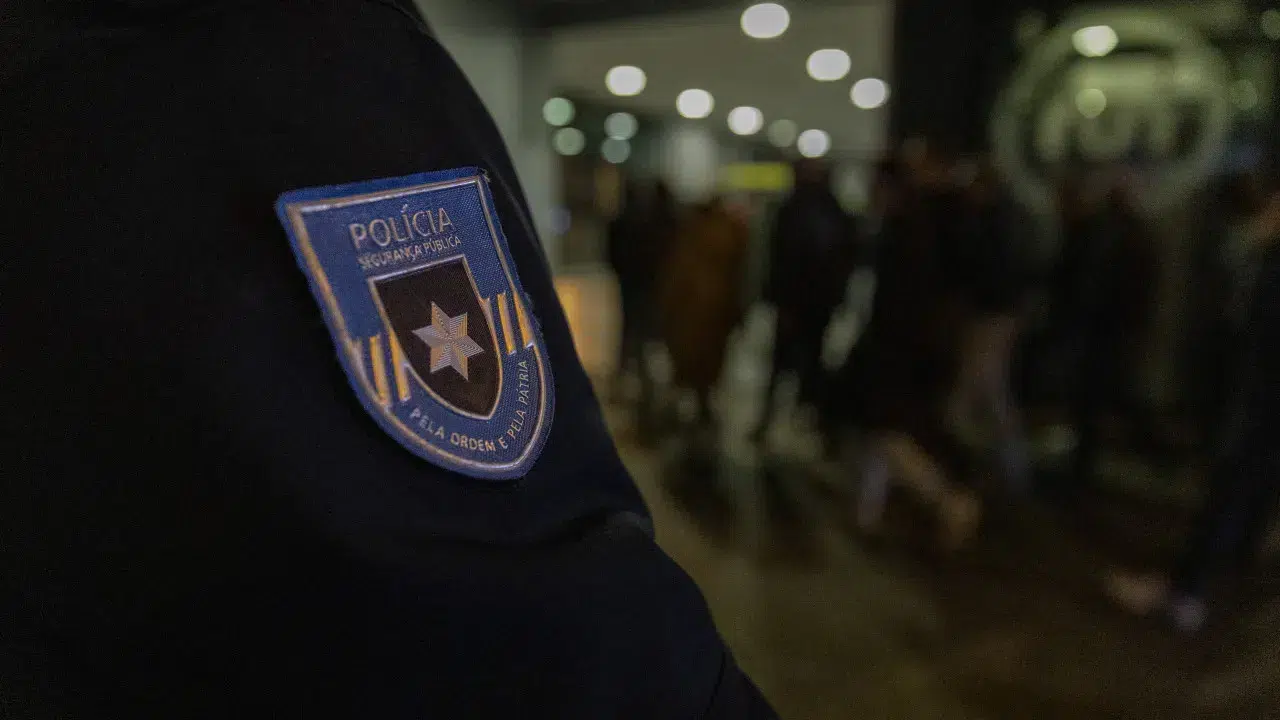
The festival’s program, running until October 2, includes four commentated concerts, the national premiere of the film ‘Fanny: The Other Mendelssohn’ (2023) by Sheila Hayman, a conference by musicologist Rui Vieira Nery, and a forum on education.
The concerts, to be held at Carpintarias de São Lázaro, Calouste Gulbenkian Foundation, the National Museum of Natural History and Science, and the Goethe Institute, will be commentated by musicologist Inês Thomas Almeida, curator of Crivo.
In a statement, Luísa Correia Silva noted that concert programs, record company catalogs, and school textbooks fail to do justice to the extensive musical production by women composers, which is well-documented but largely unknown. “The organization found it important to hear and showcase their work and legacy,” she said.
The artistic director added, “While living, women composers were influential, awarded, recognized, and professionalized, with ample documentation, but it seems that after they pass away, their work is forgotten. The issue is not the lack of women composers or their oppression, but rather how we recount and present history.”
Many women composed and had their music heard despite overcoming various obstacles posed by family or the music halls themselves.
The representation and inclusion of women composers are still far from ideal in terms of numbers, she emphasized, remarking that the efforts to be fair and inclusive of their work need improvement.
Crivo’s program features composers from Cássia de Constantinopla (810-865) to contemporary Ângela da Ponte, representing various musical aesthetics and nationalities.
Fanny Mendelssohn (1805-1847) distinguished herself from her brother, composer Felix Mendelssohn (1809-1847), despite societal constraints. “Besides being a composer, she was what we would call today a cultural producer,” stated Correia Silva. “She was wealthy, part of an influential family, and hosted a musical salon every Sunday, the most exciting cultural and musical event in Berlin of her time.”
Fanny Mendelssohn composed about 500 works, including string quartets, piano trios and quartets, an overture, cantatas, ‘lieder,’ and piano pieces.
The film ‘Fanny: The Other Mendelssohn’ will be screened on September 29 at 7:00 PM at the Goethe Institute, followed by a discussion with the director.
Rui Vieira Nery will present a conference titled ‘Women Composers: Processes of Exclusion and Resistance’ on September 20 at 6:00 PM at Carpintarias de S. Lázaro.
Luísa Correia Silva highlighted that women’s roles are often overlooked in music and other areas related to knowledge and intellectual and artistic production.
The Crivo founder recognized past centuries as patriarchal and noted that there is now interest from both practitioners and the public to discover overlooked figures.
“The program’s focus on women composers might attract a less usual audience to concert venues,” she remarked.
The festival opens on September 18 at 9:00 PM with a concert by the vocal group Olisipo at Carpintarias de S. Lázaro, featuring music by Hildegard von Bingen (1098-1179), Cássia de Constantinopla, Vittoria Aleotti (1575-1620), Fanny Mendelssohn, Clara Schumann (1819-1896), Ilse Weber (1903-1944), and Berta Alves de Sousa (1906-1997), among others.
Inês Thomas Almeida ensures the inclusion of Portuguese women composers in every concert, with a temporal range spanning from the Middle Ages to the present.
“We aimed to demonstrate that women composers from various countries have always been present, featuring music from nearly every century,” said Correia Silva.
The program also includes an “education forum” on September 27 at 10:00 AM in auditorium B3 of the Faculty of Social and Human Sciences, Universidade Nova de Lisboa, addressing the inclusion of women composers in music education curricula.
Correia Silva emphasized the significant influence the education system has on the public, composers, cultural agents, and the cultural scene in general, noting that the exclusion of women composers is reflected in education.
The festival director shared that preparation took about a year and a half, stating that the name ‘Crivo’ carries “a certain irony,” as many of these composers did not pass a certain “filter,” regardless of their quality.




